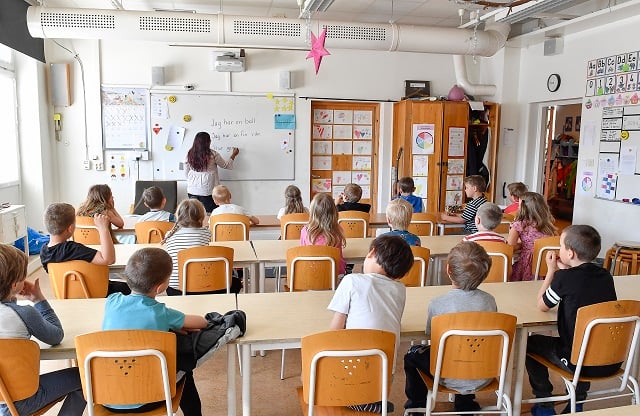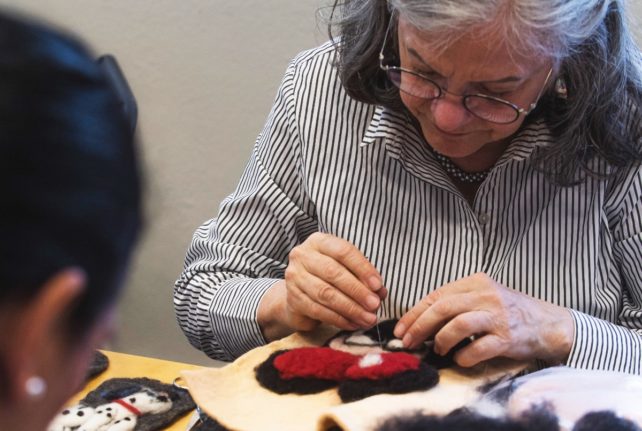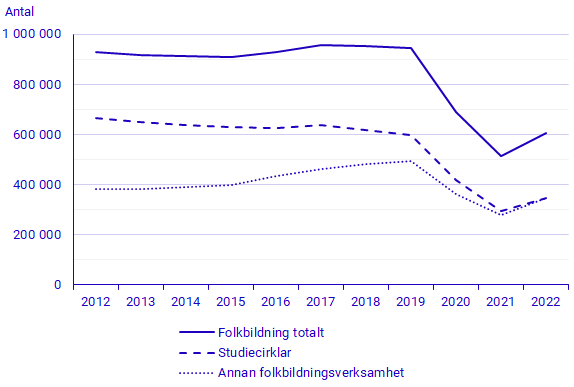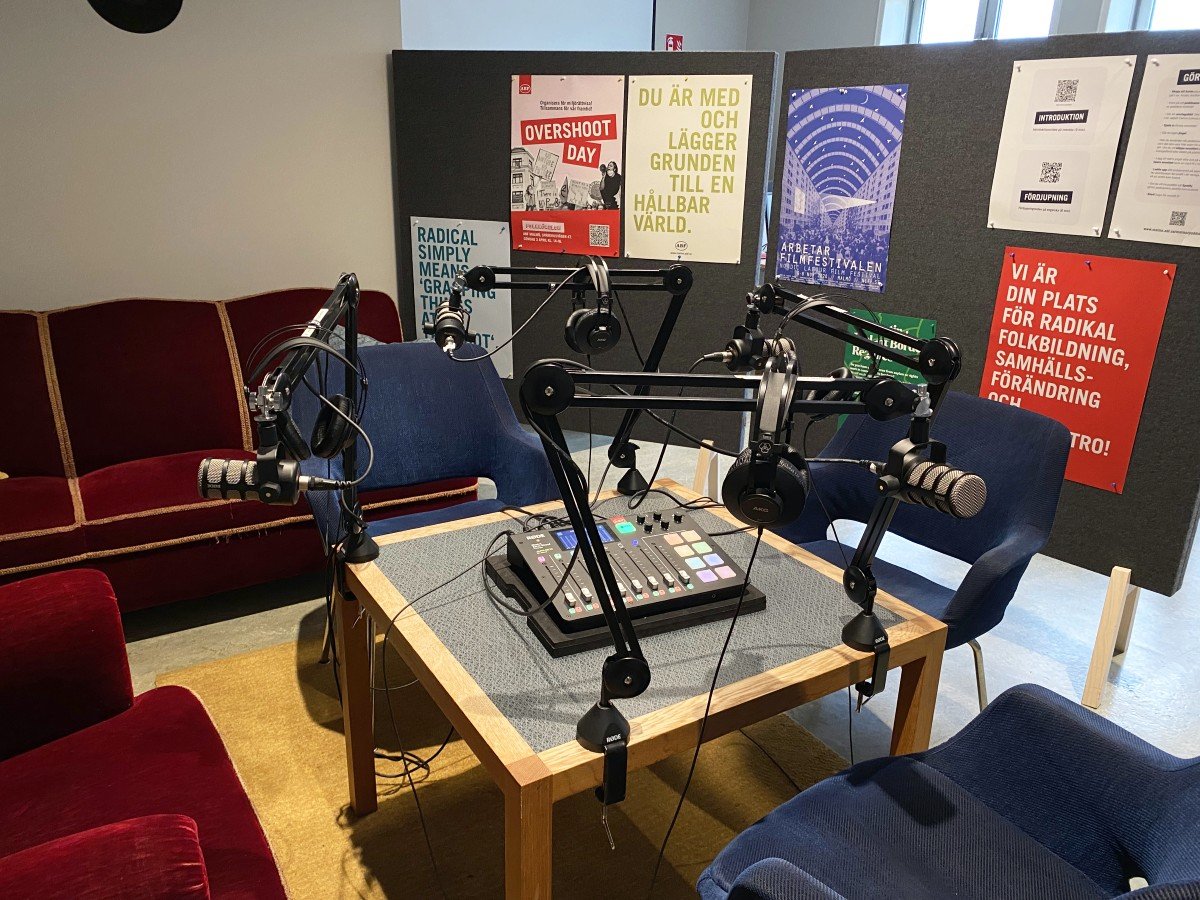In a survey by Sveriges Radio Ekot, 113 municipalities, or just over half of the 202 who responded, stated that they had a “big problem” with teacher shortages in local primary schools.
Even among those who said the situation was not yet problematic, many believed it could become a problem over the next few years.
“We speak about how we should have an equal school system, that all students have the right to the same education. But it's not equal because we don't have qualified staff at all of our [schools],” Eva Winarve-Westerholm, who is responsible for preschools and primary schools in Hedemora in central Sweden, told the radio.
This was one of the majority of municipalities which had ended up hiring teachers without Swedish teaching certificates, usually a requirement for the roles.
And many said that they had ended up struggling to fill positions even at the last minute. With just a few weeks remaining before the start of term, Malmö was short of around 20 teachers, compared to seven positions unfilled in Skövde and five in Sundsvall, for example.
In Sweden, the local municipality has responsibility for running schools, which are all free to attend and follow the Swedish curriculum, although there are also independent schools and private schools run by other companies.
However, the survey showed some signs that the situation was improving. Only 17 municipalities reported that the situation was worse than in previous years, while 56 said it had improved.
READ ALSO: Parenting in Sweden: How to choose and apply to the right school
return to school/start of term – skolstart
primary school – grundskola
a teacher – en lärare
a shortage – en brist
preschool – förskola
We're aiming to help our readers improve their Swedish by translating vocabulary from some of our news stories. Did you find it useful? Do you have any suggestions? Let us know.





 Please whitelist us to continue reading.
Please whitelist us to continue reading.
Member comments